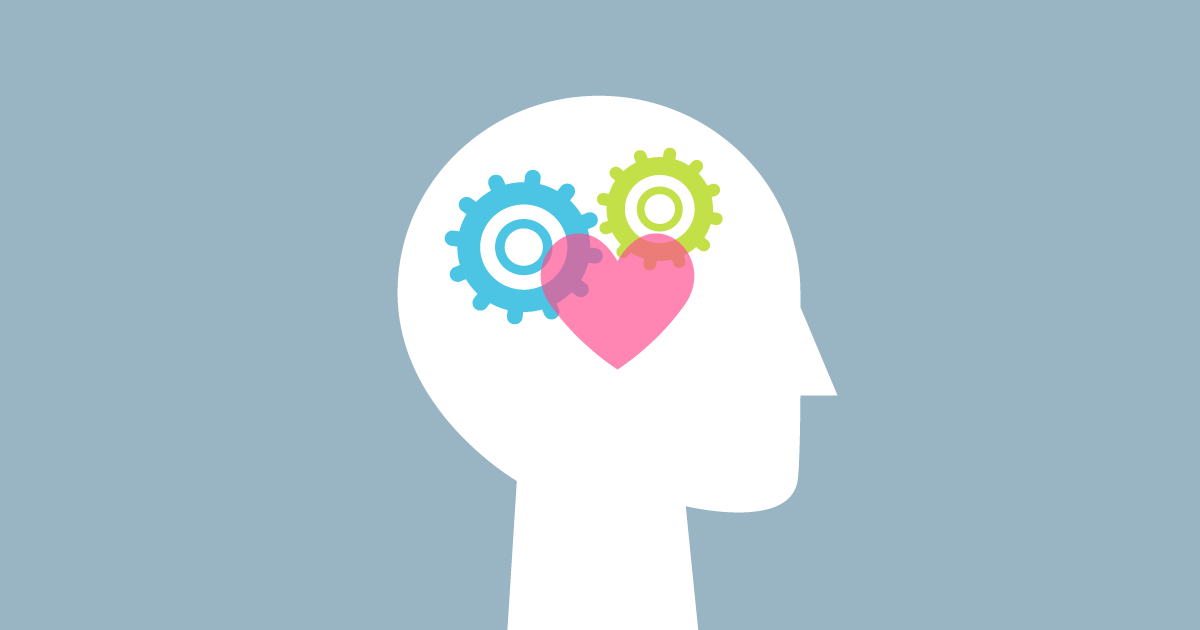
10 ways to build empathy, diversity and inclusion in the workplace
The experts at BlueEQ, an Advantage thought leader partner, rank empathy as a crucial dimension of emotional intelligence for building diversity and inclusion in the workplace.
To increase your empathy skills, practice these behaviors:
- Stop finishing sentences and giving advice. Just listen. (I'm all ears.)
- Be generous with your time as you help others. (I've got all day -- even if I don't.)
- Spend time with people who are different from you. (Let's do lunch, or yoga.)
- Find similarities and common interests with others. (You binge-watched that on Netflix too? No way!)
- Identify and challenge your own prejudices and biases. (He's not so arrogant after all. She's smarter than I thought.)
- Try doing a different type of activity that is foreign to you or shadow someone who does a different job from you. (How do you do that?)
- Spend more time with someone. Familiarity increases appreciation and empathy. (Come with me!)
- Teach someone a new skill. (Here's how I do it ...)
- Volunteer service to a disadvantaged individual or group. (Check out your local food bank, soup kitchen, or animal shelter. Chances are they need a volunteer.)
- Ask someone to tell you their life story. (What was it like when you were young?)
Like these suggestions? BlueEQ has many more.
Empathy is just one of the 25 dimensions across 5 skills BlueEQ measures, then offers specific techniques to improve tuned to your results and presented in an easy-to-follow BlueEQ Profile & Personal Development Plan.
Diversity and inclusion training: Behave until you believe
The people at BlueEQ believe that changing behavior is the best way to get diversity and inclusion training to stick. You learn inclusion most powerfully when you practice inclusion. Changing behavior changes beliefs.
What is empathy?
- Feeling what others feel.
- Understanding and identifying with what others think and do.
- Appreciating the emotions and experience of another person.
- Stepping into another person's shoes and viewing the world from their perspective.
People who score high in empathy demonstrate these attitudes and behaviors:
- They respect differences.
- They are patient in helping and coaching others.
- They are compassionate.
- They develop rapport and connection with others.
- They take a person's feelings into consideration before making a decision.
- They listen attentively.
- They ask questions.
- They display warmth and acceptance.
People who score low:
- Are disrespectful and inattentive to the needs of others.
- Are consumed with self and personal concerns.
- Are interrupting, bullying, and violent.
- Make fun of others' ideas or questions.
- Tell, rather than listen.
- Don't greet, acknowledge, or spend time talking to others.
Why does it matter?
- Empathetic people are more trusted.
- Your ability to display empathy will show fellow team members that you are more collaborative as a leader.
- People become deeply loyal and committed to empathetic friends or leaders.
- Empathy allows you to accurately understand the feelings and motives of others.
- Empathy allows you to build the confidence of others because they know you care.
Raise your EQ
Boost your openness, relationships, and impulse control
Enroll in our free BlueEQ™ mini learning journey to help you and your team assess and boost the 3 most critical dimensions of emotional intelligence that drive winning cultures.
- In the Hot Seat: Jonathan Hodge on ethical guidelines for generative AI - February 25, 2025
- Become a more inclusive leader - February 16, 2021
- Develop an agile mindset - January 27, 2021

